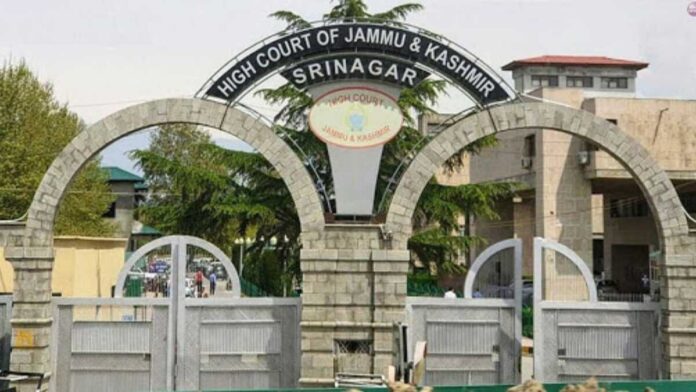The High Court of Jammu & Kashmir and Ladakh at Srinagar has dismissed an appeal filed by the J&K Horticulture Produce Marketing and Processing Corporation challenging a writ court’s direction to release salary and consequential benefits to certain employees for an intervening period during which they were kept away from service. The Division Bench comprising
To Read More Please Subscribe to VIP Membership for Unlimited Access to All the Articles, Download Available Copies of Judgments/Order, Acess to Central/State Bare Acts, Advertisement Free Content, Access to More than 4000 Legal Drafts( Readymade Editable Formats of Suits, Petitions, Writs, Legal Notices, Divorce Petitions, 138 Notices, Bail Applications etc.) in Hindi and English.




